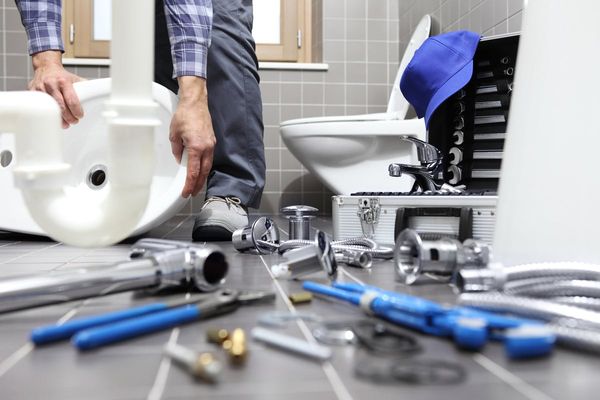
Mortgage rates are still soaring, stock markets have been tumbling, and high inflation is eating away at people’s savings. It is pretty grim out there but one financial product – which had been pretty much written off by many people – is looking a lot more tempting than it did a year or two ago.
An annuity is a product that turns an individual’s pension savings into an income for life, and there are predictions that many more people will now be looking at using some of their retirement cash to buy one.
New figures out this week showed that annuity rates have leapt by 44% in the space of a year and are now at their highest levels since early 2009.
It means someone aged 65 with a £100,000 pension pot could now get an annuity income of £7,191 a year – up from £4,989 in October last year, according to the investment platform Hargreaves Lansdown.
It has long been the case that one way to use your pension pot is to buy an annuity. This gives you a regular guaranteed retirement income for the rest of your life, or for a fixed term.
However, for a long time annuities were viewed as poor value, and demand for them fell off a cliff after the government introduced a range of “pension freedoms” in 2015 that meant people no longer had to take one out. Low interest rates and increased life expectancy also meant that annuity rates tumbled.
However, the financial and economic backdrop is of course now very different. When interest rates rise, so do annuity rates. They have been turbocharged by soaring long-term gilt yields (the interest rate on UK government bonds).
“The potential income for someone aged 65 with a £100,000 pension has risen by £200 [a year] in the past week alone,” says Helen Morrissey, the senior pensions and retirement analyst at Hargreaves Lansdown, which says it has provided almost 18,000 annuity quotes in the past three months – up 70% on this time last year. She adds that being able to guarantee at least a chunk of your income in retirement is “invaluable”.
Meanwhile, one of the sector’s big names, Standard Life, said this month that it is “seeing renewed interest in annuities given the income security they offer in the current market environment”.
Once you buy an annuity, you can’t normally change your mind, so you may want to seek some advice, and there are lots of different sorts.
For example, do you want your annuity income to stay the same or increase each year? Do you want a single-life annuity or one that provides an income for your spouse, civil partner or other dependant after you die (a joint-life annuity)? If you have a medical condition, are overweight or smoke, you might be able to get a higher income by opting for an enhanced or impaired life annuity.

Standard Life says “timing is key” – an annuity does not have to be bought at the date of retirement, and rates are increasingly attractive the later you buy.
“Some retirees are dissuaded because once you’ve bought an annuity, the rate is locked in for ever, so those sitting on lower rates from last year can’t benefit from more recent rises,” Morrissey says. “However, it’s always worth bearing in mind that you don’t need to lock an annuity in with your entire pension pot all at once. One sensible approach is to do it with chunks of your pension in stages, securing income to meet your needs, as and when it makes sense for you. This gives you the opportunity to secure higher rates as you get older, and you may also qualify for an enhanced annuity if you develop a medical condition at a later point, boosting your income again.”
Sean McCann, a chartered financial planner at the financial firm NFU Mutual, says that drawdown – where you typically take up to 25% of your pot as a tax-free lump sum and leave the rest invested, either taking an income or withdrawing other amounts as and when needed – has been more popular than buying an annuity for many years because of low interest rates but the latter product is now making a comeback.
“Many more people will now be looking at using some of their pension fund to buy an annuity while leaving the remainder invested and taking variable income or lump sums through drawdown,” he adds.
All too often, retirement is presented as an “either/or” choice between an annuity and drawdown, when in reality the right option will generally be a combination of the two, says Tom Selby, the head of retirement policy at the investment platform AJ Bell.
He suggests that an individual could use an annuity to cover their fixed costs in retirement, while retaining flexibility and the opportunity for investment growth with the rest.
It is vital to remember that you don’t have to take an annuity offered by your existing pension firm – you are free to shop around and buy one from any provider, and you will probably get a better deal by doing just that.
The retirement specialist firm Just Group says: “Savers should shop around to make sure they get the very best rate available to them – the difference between the best and worst providers can be up to 15% a year extra income once medical conditions or lifestyle factors are taken into account.”







